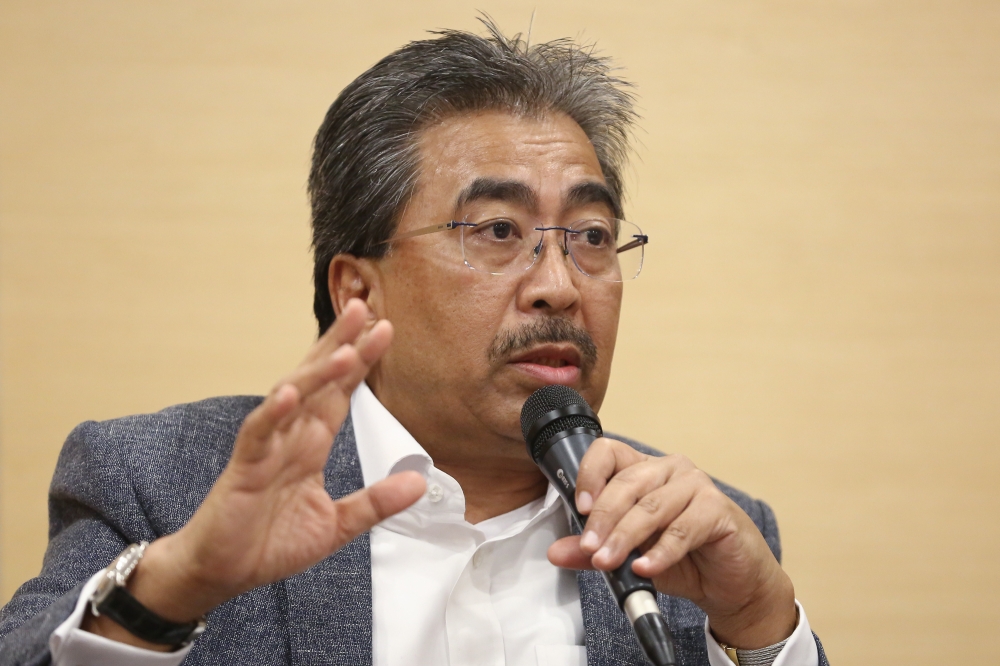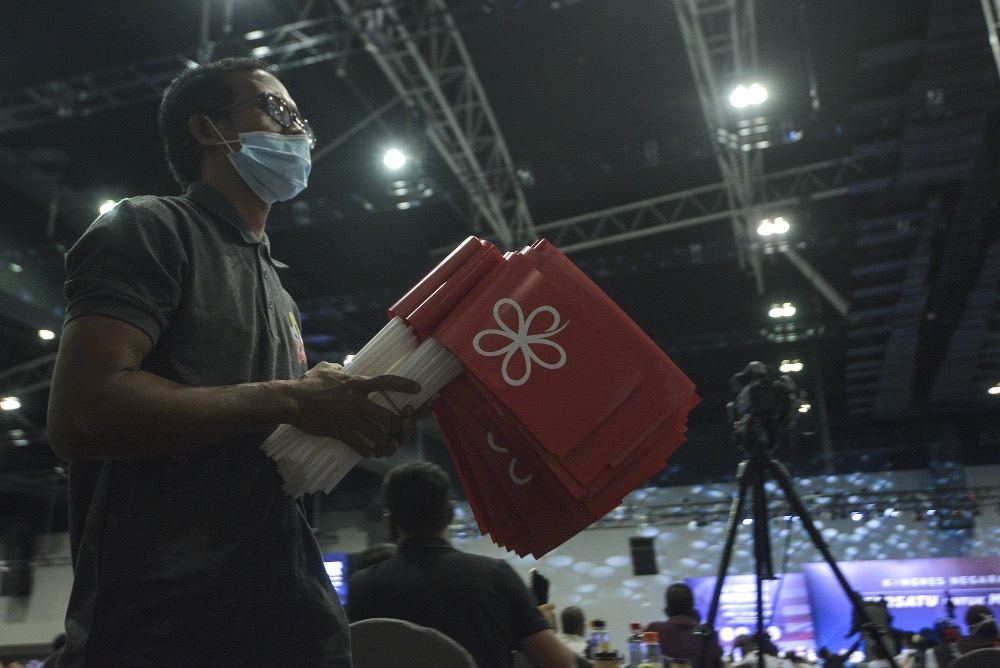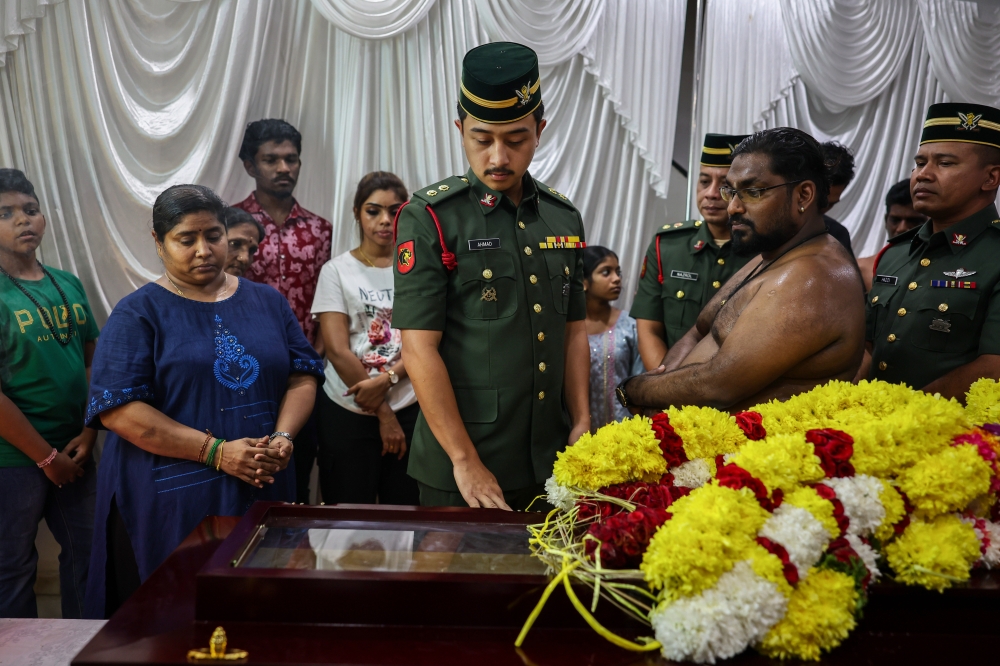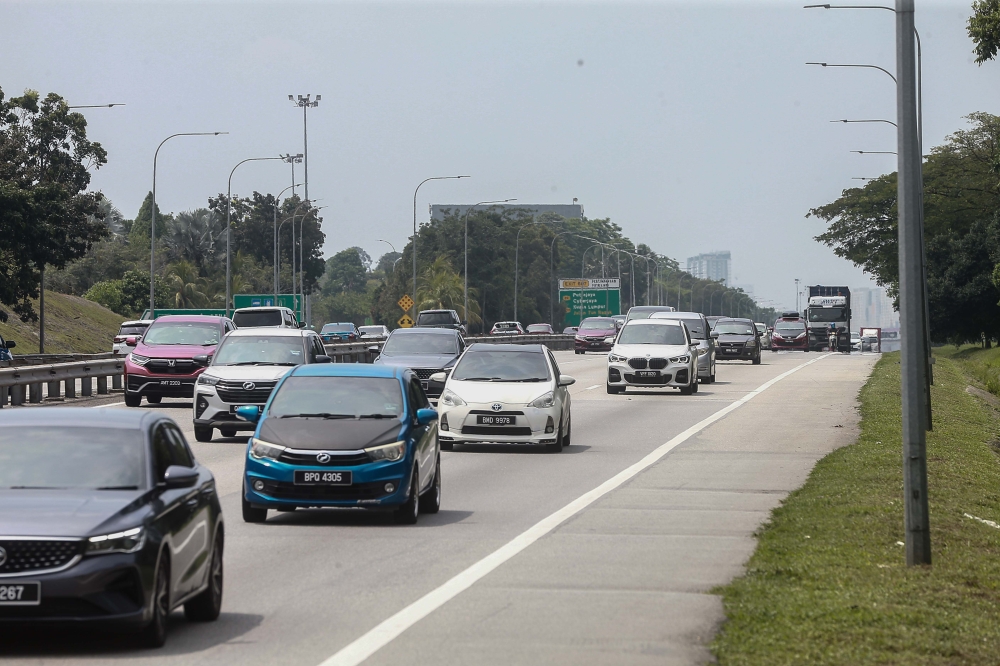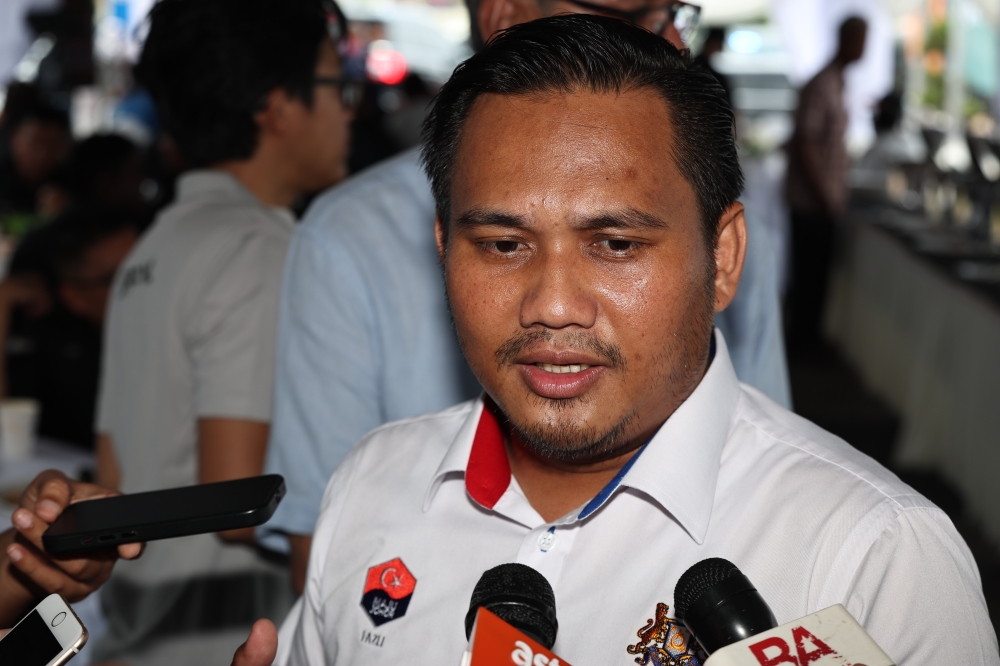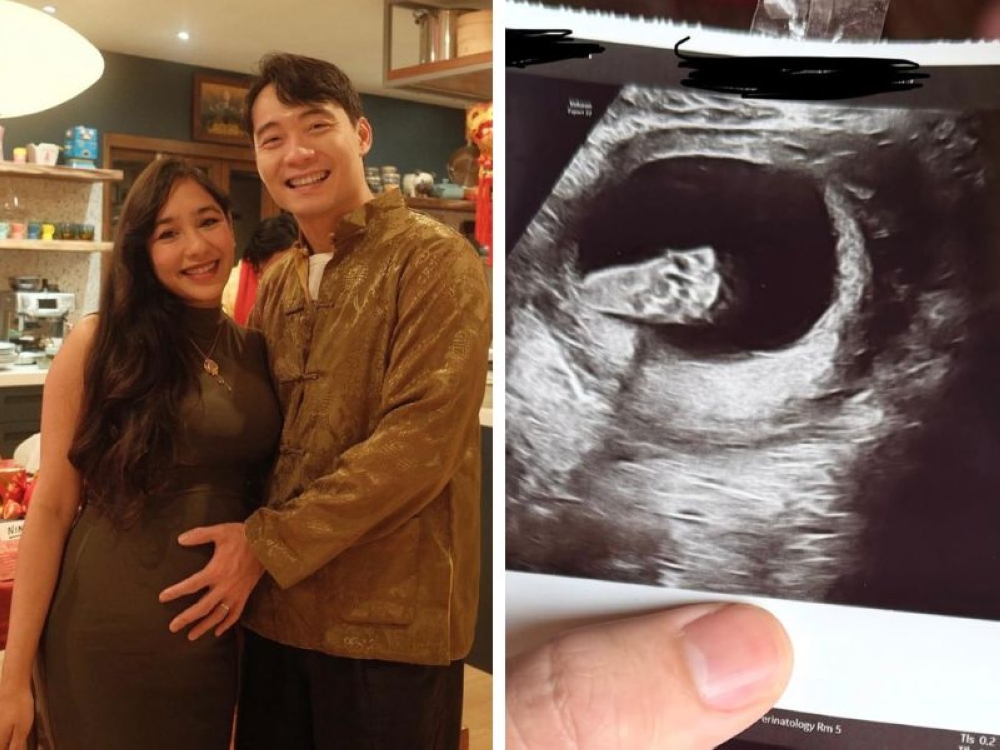SINGAPORE, June 15 — A judge who sentenced a mother to a week in jail for contempt of court amid a messy divorce case has condemned the “especially troubling” effect it had on her two children. This is due to the way she embroiled the children in the conflict by exposing them to the acrimonious proceedings.
The divorced mother who has a son, nine, and a daughter, 15, was ordered to serve the jail term after she allowed her daughter to access divorce documents and use the material against her father in social media posts, during the several years when the legal proceedings took place.
She also allowed at least one news reporter to interview her children about their father after the social media posts that called him a “sexual fetishist womanising pervert” went viral last year.
Now, the wife is appealing against the order to jail her issued by Justice Debbie Ong, who is also the Presiding Judge of the Family Justice Courts.
In setting out the grounds for the decision in the divorce proceedings released on Friday (Jan 10), Justice Ong said that she was also seeking to provide guidance for such cases of “high-conflict family disputes involving children”.
The names of all the parties have been withheld in order to protect the identities of the children.
In 2016, the wife began divorce proceedings after 18 years of marriage, with both parties claiming that the other had been unfaithful. The wife contested the claim that she had been in an adulterous relationship with her colleague and friend R.
The divorce was granted when the husband failed to prove the adultery. Nevertheless, Justice Ong noted that R had been a key figure to the proceedings — having assisted the wife in preparing affidavits, even as he was reminded that he was not involved. He was also close to the wife and children after the husband moved out.
“The extent to which he appeared to be involved in the family was deeply troubling. In fact, the present state of affairs may to a large extent be traced back to R’s role in the family,” the judge said, noting that the initial separation had been “relatively peaceable.”
Family counsellors said in 2017 that the children had a good relationship with their father initially, and equally enjoyed spending time with both parents. Both sides agreed on joint custody, with care and control to the wife and reasonable access to the husband.
The wife was also diagnosed with breast cancer, and the children preferred to live with her after her diagnosis.
But goodwill began to fray in 2018 after details emerged of R — who has no medical training — performing a “home mastectomy” on the wife in her matrimonial home. She showed pictures to the court of large wounds on her chest and pieces of what she claimed were tumours.
There were suggestions that the children were present or at least aware of these “operations,” Justice Ong said.
The wife hired R as her “executive personal assistant” for S$8,500 (RM25,630) a month at first, which increased to S$15,000 a month in 2018 when she hired him to “remove (her) tumours.”
The husband, concerned over the children’s safety, applied for a personal protection order (PPO) on the children’s behalf, while the wife filed her own PPO. Both were dismissed, but this significantly worsened the breakdown of relations.
R began to appear at several of the scheduled handover sessions for the husband’s access, Justice Ong noted, adding that the children grew resistant to spending time with the husband.
Children in crossfire
In 2018, a district judge grew concerned about how the children were exposed to the “home surgeries” and R’s influence over them, and awarded interim care and control to the husband.
“What was especially troubling was the extent to which the wife and R embroiled the children in the conflict. The district judge found that the wife did not appreciate the adverse effects of exposing the children to the ongoing litigation. The wife even stated that she saw nothing wrong with the children being aware of what was happening, Justice Ong said.
The wife made a failed appeal against that decision, and both children filed affidavits that repeated her allegations against the husband.
The contents were “greatly disturbing,” Justice Ong said. They echoed Biblical references and phrases used by the wife and R in their affidavits and calling their father a “mega-evolved sexual fetishist womanising pervert”.
This was in stark contrast to their attitudes towards the husband just seven months earlier, the judge noted.
After a difficult handover of the children to the husband, the children found their own way back to the wife the next day.
They were later placed in a children’s home due to a court order to put them in a neutral environment, but once again, they returned to the wife’s home after school and have remained there since, the judge said.
Justice Ong wrote: “I was deeply concerned about the wellbeing of the children. While I was of the view that the wife’s influence over the children towards rejecting their father was adverse to their welfare, I was also aware that repeatedly removing them from her care was a highly distressing experience for them.”
Contempt of court
What came next ratcheted up the already fraught tensions, when the daughter posted allegations on Facebook in June and July last year that her father had sexually abused her and her brother — claims that Justice Ong said were part of the wife’s affidavits and were proven to be false.
Investigators found no concerns relating to abuse by the husband. Instead, there were “indications” of coaching and parental alienation by the wife. The posts were replete with details that could only have come from the wife’s affidavits.
The daughter’s posts were made public anyway and various news outlets published reports about them. Later, the wife allowed a news reporter to interview the children to talk about “their frustrations, their hatred, their bitterness” against their father, with the wife present.
The husband received online and phone threats, while the wife sent a letter of complaint to the husband’s employer.
In response, the husband filed an order of committal against the wife over the media storm against him, stating that she had breached a court order requiring all parties to “not make disparaging remarks about the other party to the children.”
Justice Ong found the wife liable for contempt of court and sentenced her to a week in jail, which has been deferred pending the appeal.
“Court orders such as those involved in these committal proceedings, which were aimed at preventing further damage to the children, must never be taken lightly.”
Calling this an “extremely disappointing” turn of events, the judge said that the divorce proceedings have been highly traumatic for the children.
“If the wife is of the view that she is acting in her children’s welfare by instigating and encouraging such behaviour, then she has not acquired the necessary insight into the effects of her damaging behaviour on the children,” Justice Ong said.
Responsibility of parenthood
Among several things, the wife had undermined her children’s emotional and psychological wellbeing by informing them of the divorce proceedings, involving them in the conflict in inappropriate ways, burdening them emotionally and “failing entirely to co-operate with the husband to enable the children to maintain the healthy relationship that they previously enjoyed with their father”, the judge said.
Facilitating the child’s relationship with the other parent is an important aspect of parental responsibility, she stressed. “This is especially important in the light of the wife’s ill-health — the children should be able to rely on the other parent in their lives.”
Concluding her judgment, Justice Ong said that the courts, counsellors and schools have done their best to help the children, “but ultimately it is the parents above all who must protect and promote their children’s welfare".
“It is my hope that, in time, the children will appreciate the importance of having both parents in their lives and that their relationship with the husband will be repaired.
“Children do grow up and with newly gained maturity and understanding… they may then be able to see how their father had tried to care for them, and remember the times when they enjoyed spending time with their father,” she wrote. — TODAY



